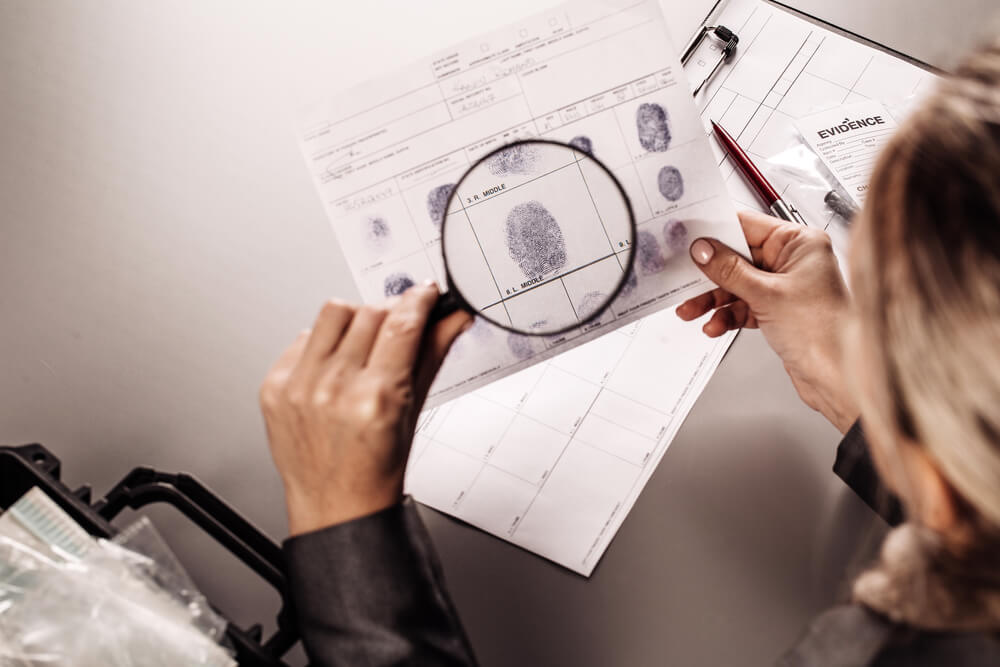What could I do with my Criminology degree?
A criminology degree opens doors beyond the criminal justice sector for career opportunities. You will have developed a broad range of skills, that are always in demand. While many graduates do go into roles directly related to the degree in areas such as crime reduction, probation and rehabilitation, others will go into sectors such as social work, law, and mental health support.
Career options
Natural career paths following a criminology degree:
- Law Enforcement Officer
- Criminal Investigator
- Probation Officer
- Correctional Officer
- Crime Analyst
- Victim Advocate
- Private Investigator
- Legal Assistant/Paralegal
- Forensic Psychologist
- Social Worker in Criminal Justice Settings
Transferable skills career paths:
- Policy Analyst
- Intelligence Analyst
- Social Researcher
- Human Resources Manager
- Risk Analyst
- Legal Consultant
- Non-profit Program Coordinator
- Community Outreach Specialist
- Crime Prevention Specialist
- Public Relations Specialist
Many employers will accept applications from students that have studied various degrees.
Work experience
Those wanting to find a career within Criminology should investigate doing an industry placement – pre-entry work is valued highly. Your careers department at your university should be able to help you identify these.
You can also see whether there are any voluntary or part-time roles in your local area by reaching out to local support groups or projects where you can gain first-hand experience and develop an understanding of what area of criminology you want to pursue a career in.
Previous work experience will enable your application to stand out amongst your competition. It will also provide you with the opportunity to network and build a list of contacts who may become useful in the future.
Typical employers
Typical employers of criminology graduates include:
- Law Enforcement Agencies
- Government Departments and Agencies (e.g., FBI, CIA, DEA)
- Correctional Institutions
- Private Security Companies
- Legal Firms
- Research Institutes and Think Tanks
- Non-profit Organizations (e.g., Victim Advocacy Groups)
- Social Service Agencies
- Insurance Companies (for fraud investigation)
- Universities and Educational Institutions
Skills for your CV
Through your degree, you will have learnt a range of professional and technical skills. Alongside this, you will have developed additional skills which will be transferable. Make sure the following skills are highlighted on your CV:
- Generating and evaluating evidence
- Making reasoned arguments and ethical judgments
- Critical thinking and problem solving
- Collecting, analysing and interpreting data
- Report writing
Further study
A popular route upon graduation would be to go on to study for a vocational course in areas. If you want to do a Masters degree to enhance your subject knowledge or to specialise in a particular area related to crime and punishment, you may choose to do a MA in criminology or criminal justice.
What are criminology graduates doing?
The most common job amongst criminology students 15 months after graduation is working within protective services (15%) as an aid worker, bodyguard or security officer. Other areas of employment that are a popular route of choice include welfare and housing, care workers, HR and welfare professionals.
Related Courses
This unique degree offers an opportunity to study criminal justice theory, research and policy alongside the forensic science vital to modern investigations. It draws on learning and expertise from two existing and successful degrees (BA Criminal Justice and BSc Forensic Science), and it covers the study of:
- The concepts, theories, structures, organisations, processes and practices involved with the prevention, investigation and prosecution of crime, the workings of the criminal law and criminal court system and the treatment of offenders
- Crime scene examination, drugs, alcohol and evidence interpretation
This degree will help you develop expertise in criminology and criminal justice, social science, research methods, law and policy so that you’re ready to work in related areas in policing, prisons and the third sector.


